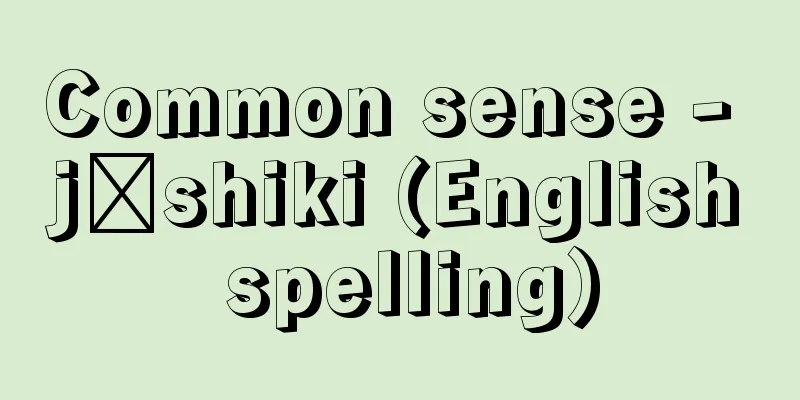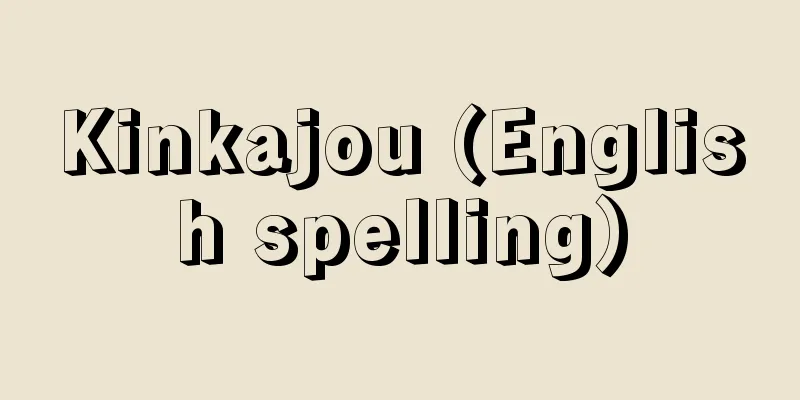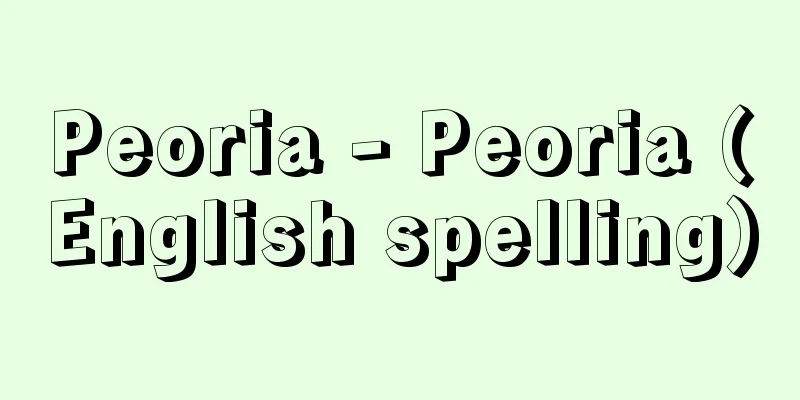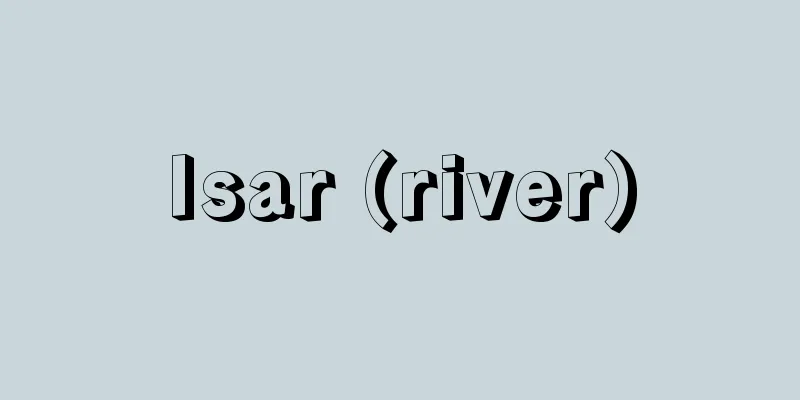War and Peace - War and Peace (English)
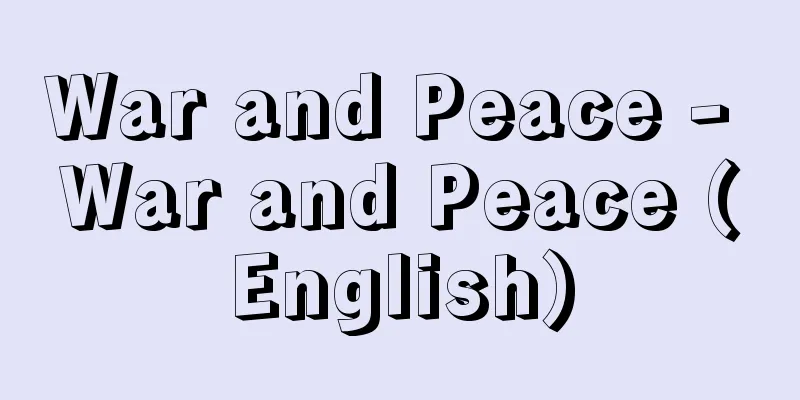
|
An epic novel by Russian author Leo Tolstoy. It is known as a modern-day Odyssey. It was written between 1863 and 1869. In 1805, as a member of the Alliance of Great Powers, Russia led an expeditionary force into southwestern Germany, but was defeated by Napoleon's army at the Battle of Austerlitz. In 1807, in the Treaty of Tilsit, Russia agreed to join the Continental System in exchange for freedom of military action against Turkey, and was forced to cut off trade with Britain. This meant the downfall of commerce for Russia at the time. The trade blockade became unbearable. Trade with Britain was secretly resumed, the Treaty of Tilsit was broken, and so began the Napoleonic Wars of 1812. Set against the backdrop of these historical events, the play features a total of 559 characters, including representatives of the political, bureaucratic, and financial circles of various nations, key military and diplomatic figures, and historical figures both famous and unknown, such as the famous general Kutuzov and the Russian reformer Speransky, known as the Cromwell, as well as fictional serf peasants, such as Platon Karataev. For Tolstoy, "War and Peace" was a difficult task of "investigating the millions of relationships woven by these characters and selecting one in a million of them." As a way out of this, Tolstoy turned his attention to the representative young generation of Russian aristocrats. In their lived history, a clue was opened to question the revolutionary meaning of Russia's comeback victory in the Napoleonic Wars, which had been on the brink of ruin, into the future. The characters of the Rostov family, Nikolai and Natasha, landowners in the country; the Bolkonsky family, Andrei and Maria, former nobles; the wealthy Bezukhov family, illegitimate son Pierre; and the Kuragin family, whose specialties were political strategy, Ellen and Anatoly - these young people, whose personalities and environments, education and aspirations, and physical and mental characteristics are contrasting, each breathing the progress of history, bound together by the conflict of love and hate, and unfolding a drama of life and death in response to the tides of the nation's fortunes. The author advances the story without distracting from the national theme with the fate of an individual, nor does he ignore the fate of an individual for the sake of national issues. Herein lies the whole innovativeness of this book. Andrei, who took part in the Battle of Austerlitz in an attempt to escape from his "completed" life and achieve Napoleonic glory, is shot and knocked unconscious. Hearing the voice of the humble Napoleon and waking up from his coma to the endless blue autumn sky, he is made to realize the futility of heroic acts, and when he returns home he is informed of his wife's death after childbirth. Meanwhile, Pierre, a giant of an unformed man with no future ahead of him, who appears as an admirer of Napoleon, stumbles in his marriage to his unfaithful wife Ellen, and after the duel incident, he is attracted to the doctrine of Freemasonry and contributes to the emancipation of the peasants of the estate, but his skepticism about the meaning of life does not disappear and his life stagnates. In the midst of these adversities, the two main characters of War and Peace are sinking into distrust for life, but it is Natasha of the Rostov family who gives them renewed vitality. At 13 years old, she is the youngest member of the family and appears in the story as a light source like the sun, using her free-spirited leaps to give maximum meaning to every moment of life. During a trip in early spring, Andrei stays overnight at the Rostovs' house, where he is captivated by Natasha's singing voice that he hears from downstairs that night, and the next morning, he catches a glimpse of her running away in the garden, and feels a new energy in life that he has never known before. Just this makes Andrei, who had completely lost sight of the meaning of life, realize that "life is not over yet." The old, bare oak tree he saw on the way there is budding vigorously on the way back. This scene beautifully depicts the change in Andrei's feelings brought about by his encounter with Natasha. After his engagement to Andrei, Pierre falls under the spell of Anatoly's seduction, and even at the moment of near death, the sick Natasha on the eve of the war exerts a mysterious power that restores Pierre's passion for life. With her presence, the countless gears of War and Peace turn in tandem with the national latent heat that leads the Russian people to overcome the historical limitations of serfdom and rise up in the war of liberation, from the decisive battle of Borodino through the burning of Moscow. The author gives Andrei, who dies in battle while Natasha is watching over him, the gospel of God that forgives even his sworn enemy Anatoly, gives Pierre, who eventually marries Natasha, the peasant philosophy of life of Karataev, whom he met as a prisoner of war, gives Nikolai, who marries Maria and succeeds in farming, the joy of hard work, and instills the ideal of social justice in Nikolai, Andrei's orphan. These contents are deeply connected to the aesthetic conclusion of this epic work, in which the author's criteria for evaluating the characters conclude with a look at the Decembrist Revolt, the origin of the Russian Revolution. [Nobuhashi Kazuhiko] "War and Peace" (translated by Yonekawa Masao, eight volumes, Iwanami Bunko / translated by Kudo Seiichiro, four volumes, Shincho Bunko / translated by Kitagaki Nobuyuki, six volumes, Kodansha Bunko)" ▽ "Honda Shugo, Supplement to "War and Peace" (1970, Fuyukisha)" ▽ "The Hedgehog and the Fox" by I. Berlin, translated by Kawai Hidekazu (1973, Chuokoron-Shinsha)" Source: Shogakukan Encyclopedia Nipponica About Encyclopedia Nipponica Information | Legend |
|
ロシアの作家レフ・トルストイの叙事詩的長編小説。現代の『オデュッセイア』と称される。1863~69年執筆。1805年、列国同盟の一員としてロシアは遠征軍を西南ドイツ地方に進めたが、アウステルリッツの会戦でナポレオン軍に敗れ、07年ティルジットの講和で、トルコに対する軍事行動の自由と引き換えに、大陸封鎖に加わることを約し、イギリスとの通商の断絶を余儀なくされた。このことは当時のロシアにとって商業の破滅を意味した。貿易封鎖は耐えがたいものになった。イギリスとの取引はひそかに再開され、ティルジットの協定は破られ、ここに12年のナポレオン戦争が始まる。こうした有史の諸事件を舞台に、列国の政・官・財界の代表者、軍事や外交の立役者たち、名将クトゥーゾフやロシアのクロムウェルとよばれる改革家スペランスキーをはじめとする有名無名の歴史上の人物から、プラトン・カラターエフに代表される架空の農奴農民に至るまで、その登場人物は名前で記されただけでも559名を数える。 トルストイにとって『戦争と平和』は、こうした人物たちが織り成す「幾百万のかかわりあいを考究し、そのなかから百万分の一を選びとる」難事業であった。その打開策としてトルストイの視点は代表的なロシア貴族の若い世代に向けられた。彼らの生きた歴史のうちに、破滅の淵(ふち)にたたされたロシアがナポレオン戦争に逆転勝利したことの革命的な意味を未来にわたって問う糸口が開かれたのである。在野の地主ロストフ家のニコライとナターシャ、かつての顕臣ボルコンスキー家のアンドレイとマリヤ、富豪ベズーホフ家の庶子ピエール、政略を事とするクラーギン家のエレンとアナトーリ――その個性と環境、教養と志向、肉体と精神を対照的に表示するこれら青春群像が、歴史の進展をそれぞれに呼吸しつつ、愛憎の葛藤(かっとう)で結ばれ、国運の潮汐(ちょうせき)に呼応して生死のドラマを展開する。作者は個人の運命を国民的主題からそらさず、また1人の運命をも国民的課題によって無視することなく物語を進めた。ここに本書の革新性のすべてがある。「完了した」人生からの脱出をナポレオン的栄光の獲得にかけてアウステルリッツの会戦に臨んだアンドレイは、被弾して人事不省に陥る。やがて卑小なナポレオンの声を聞き、昏睡(こんすい)から覚めた目に映る果てしない秋の青空に彼は英雄的行為のむなしさを思い知らされ、帰郷しては妻の産後の死を告げられる。一方、ナポレオンの賛美者として登場した前途茫洋(ぼうよう)たる未定形の巨漢ピエールは、不貞な妻エレンとの結婚生活につまずき、決闘事件ののち、フリーメーソンの教義にひかれたり、領地農民の解放事業に貢献したりするが、人生の意義への懐疑は消えず、その生活は停滞する。こうした逆境のなかで人生への不信に沈湎(ちんめん)する『戦争と平和』の二大主人公にふたたび生活への活力を与えたのがロストフ家のナターシャである。彼女は最年少の13歳で、太陽のごとき光源として物語に登場し、その天衣無縫の飛躍力を駆使して生の一瞬一瞬を最大限に意味づける。早春の旅の途中ロストフ家に一泊したアンドレイは、その夜、階下から聞こえるナターシャの歌声に魅せられ、さらに翌朝、庭を遠く駆けて行く彼女の後姿をかいまみて、いままで知らなかった生の躍動を覚えた。ただそれだけのことで、生活の意義を完全に見失っていたアンドレイが、「人生はまだ終了していない」ことを実感する。往路に見た老いた裸の楢(なら)の木が帰路には勢いよく芽吹き出している。ナターシャとの出会いがアンドレイにもたらした心象の変化が、みごとにこの風景に描き出されたのである。 アンドレイとの婚約後、アナトーリの誘惑の魔手に落ち、衰弱死に近い危機の瞬間にあってさえ、戦争前夜の病めるナターシャはかえってピエールをして生への熱い思いに復帰せしめる不思議な力を発揮する。こうした彼女の存在に支えられて『戦争と平和』の無数の歯車が、ボロジノの決戦からモスクワの炎上を経て、やがてロシア民衆が農奴制の歴史的限界を乗り越えて解放戦争へと決起する国民的潜熱に連動して回転するのである。作者は、ナターシャにみとられつつ戦死するアンドレイには仇敵(きゅうてき)アナトーリをも赦(ゆる)す神の福音(ふくいん)を与え、やがてナターシャと結ばれるピエールには捕虜生活で出会ったカラターエフの農民的人生哲学を授け、マリヤと結婚して農地経営に成功するニコライには勤労の喜びを与え、アンドレイの遺児ニコライには社会正義の理想を植え付けた。これらの内容は、作者による登場人物の評価の基準が、ロシア革命の原点となるデカブリストの乱を展望しつつ閉じていくこの雄編の美学的な帰結とも深くかかわっている。 [法橋和彦] 『『戦争と平和』(米川正夫訳・全八冊・岩波文庫/工藤精一郎訳・全四冊・新潮文庫/北垣信行訳・全六冊・講談社文庫)』▽『本多秋五著『増補「戦争と平和」論』(1970・冬樹社)』▽『I・バーリン著、河合秀和訳『ハリねずみと狐』(1973・中央公論社)』 出典 小学館 日本大百科全書(ニッポニカ)日本大百科全書(ニッポニカ)について 情報 | 凡例 |
<<: The Laws of War and Peace (English: De jure belli ac pacis) (Latin)
>>: Full layer fertilization - Zensousehi
Recommend
《Five Books of Music》
…The “Richiroku” is a work that consistently main...
Cetraria ericetorum (English spelling) Cetrariaericetorum
… [Hiroyuki Kashiwatani]. … *Some of the terminol...
Schmidt telescope
A telescope that combines a spherical concave mirr...
Usuri snail - Usuri snail
...Northern individuals have horns around the bod...
Tomesode - formal kimono
It refers to the sleeves of a furisode that have ...
Haritake (English spelling) tooth fungi
A general term for mushrooms belonging to the Basi...
Reijiro Wakatsuki - Reijiro Wakatsuki
A bureaucrat and politician during the Taisho and...
Fishery management entity
...Family-run businesses that own small fishing b...
High-speed photography
A type of photographic measurement method that use...
Kumamoto Castle
A castle from the Muromachi to Edo periods. Locat...
Kennedy, RF
...The family of JF Kennedy, the 35th President o...
Campbell Plateau
...A wide plateau that appears on the edge of a c...
National construction - Kuniyakubushin
Also called "kokuyakubushin." During the...
Training - Training
〘noun〙 Training horses, dogs, or other wild animal...
Covent Garden
...(now the National Maritime Museum) While the d...
